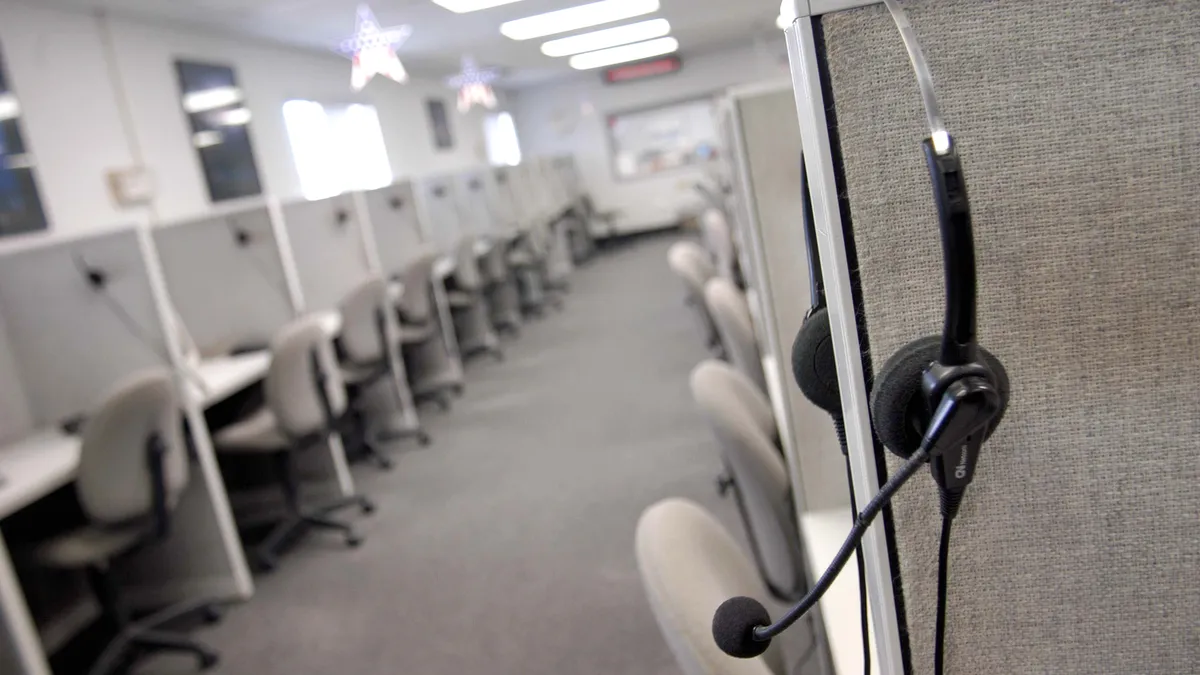The best thing about a brand new year is getting an opportunity for a do-over. Thinking differently, doing things better, and making a difference are the factors that drive people to make long lists of resolutions. Studies have shown that nearly half of all individuals make New Year’s resolutions, and a whopping 8% actually achieve them.
Statistically speaking, the odds may not be in your favor, but taking the time out of your busy schedule as a recruiter to put some ideas on paper is a good practice that can net better results. Recruitment is one of the most challenging careers out there today, made tougher by:
- Staffing shortages in many industries, including the top growth STEM and medical fields
- Increased regulations and employment laws
- A larger share of the workforce opting for non-traditional career paths
But, the truth is, connecting good people with outstanding career opportunities, forging strong client relationships, and being part of the economic outlook of our communities is what gets recruiters moving every morning.
Setting recruitment resolutions for 2017
HR Dive spoke with Lauren Griffin, senior vice president with Adecco Staffing USA, who shared her thoughts on what recruiters should be focusing on in the coming year.
HR Dive: What is/should be the top career priority for all recruiters going into 2017?
Adecco: As connectors of candidates and best fit opportunities, the top resolution for recruiters in 2017 should be to strengthen their networks. This includes expanding their reach as well as deepening existing relationships with both candidates and clients. While companies will begin to rely more heavily on automation, especially at the pre-screening phase, there is no substitute for human touch in the recruitment process. The more quality relationships a recruiter can foster (not just the quantity of their LinkedIn connections), the greater their chance for success in the new year.
HR Dive: We hear so much about the importance of the candidate experience. Is this just a buzzword, or will it be critical in 2017?
Adecco: Driven by the skills gap and recent low unemployment rate, 2017 will continue to be a candidate’s market. As a result, the candidate experience will be more important than ever when it comes to landing top talent. Recruiters need to counsel their clients about the current talent landscape to help set expectations as well as processes that will enable them to successfully attract – and retain – talent. This includes helping clients understand salary trends to ensure they are offering competitive compensation as well as encouraging clients to streamline interview and hiring decision timelines so they don’t miss the boat on the best candidate for their organization. Candidates with in-demand skills likely have multiple options today. Their experience in the recruiting process can be the deciding factor for which opportunity they take.
HR Dive: What best practice needs to be part of every recruiters' game plan in the New Year?
Adecco: As the new administration takes hold, we can expect changes that will impact our industry and the industries of our clients, such as changes in wage regulations or growth of certain industries. Recruiters need to stay informed so they can react quickly and counsel their clients on issues that may impact their hiring practices.
Additionally, recruiters need to focus on developing or maintaining their online presence. With candidates and clients turning to social media in their respective job or candidate searches – Adecco found best-in-class companies are 40 percent more likely than other companies to invest in social media and social tools to strengthen their employer brand – having a strong online presence can help recruiters be successful.
HR Dive: Should recruiters tap into mobile marketing technology to increase their influence?
Adecco: Whether they are passively perusing LinkedIn during their daily commute or actively searching job boards from school or a café, so much of a candidate’s job search happens from their mobile device. Recruiters absolutely have to have a mobile marketing strategy and presence to be relevant.
HR Dive: How can recruiters overcome their own tendency towards procrastination or not following up?
Adecco: In this candidate driven market, recruiters need to act fast or they’ll risk losing the right candidate for their client’s opportunity. If you wait too long to follow up, chances are the candidate you’re engaging with may get scooped up for another position. It may sound old school, but I believe the best way to overcome procrastination is to dedicate time on your calendar to tackle certain tasks. There will always be more work to do, but by setting mini-goals, such as to follow up with all candidates for a position by a certain time, the work will become much more manageable. Plus, you’ll feel accomplished once you cross that to-do off your list.
More thoughts on recruitment resolutions
Other experts have shared some ideas about what should be on every recruiters’ resolutions for 2017 as well.
Monster’s Managing Director, Andy Sumner, spoke with Recruitment Grapevine about his views on setting resolutions in 2017. He said that recruiters should be thinking of ways to embrace the new ‘gig economy’ by using technology to streamline processes and speed up placements. Additionally, Sumner mentioned the prevalence of learning how to use social media ad placement, especially targeted to the growing number of candidates using mobile apps.
David Dourgarian, CEO of TempWorks Software told Staffing Stream that in 2017, there is a significant need for improving branding across organizations. Setting up time to meet with leaders to "position the business as a name that people can trust" is his recommendation. He mentioned the LinkedIn Global Recruiting Trends Report for 2017 that advises 80% of leaders know that employer branding has a major impact on recruitment results.
To sum things up, the New Year’s resolutions that should be on every recruiters’ list this year include staying informed of regulatory updates, harnessing branding and social media, recognizing that work has changed a lot, and using the best technology to get the job done.



















